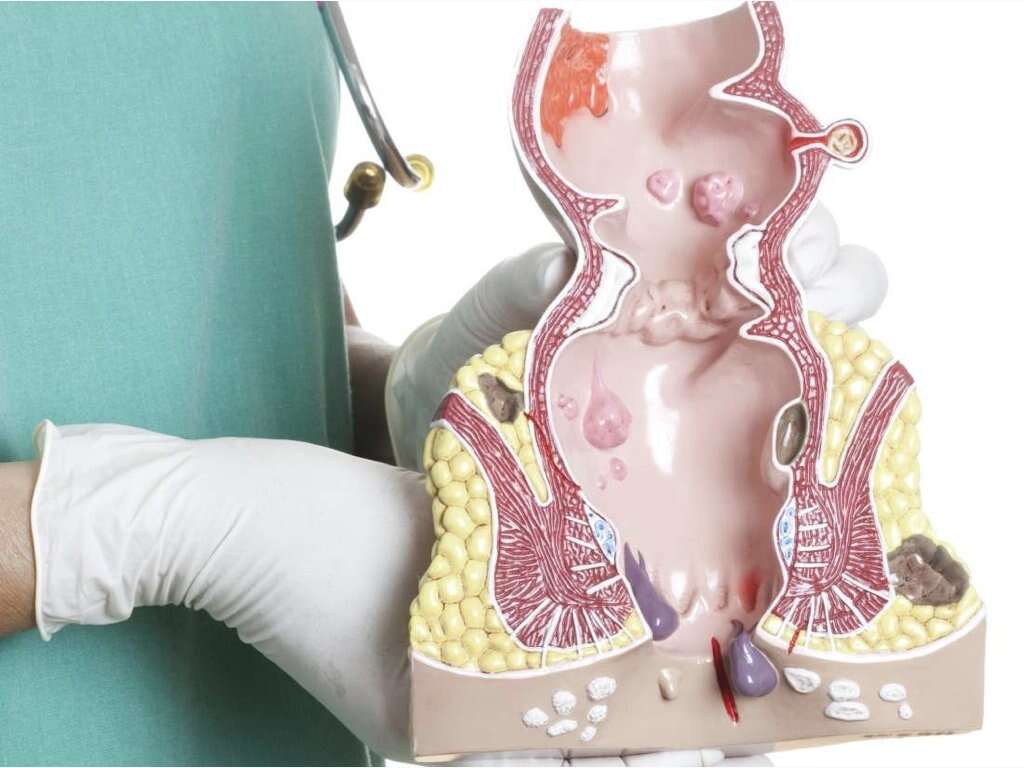What Is Lynch Syndrome?
 Article Sources
Article Sources
- 1. Bhattacharya P, McHugh TW. “Lynch Syndrome”. StatPearls. StatPearls Publishing, (2019). https://www.ncbi.nlm.nih.gov/books/NBK431096/
- 2. Munoz, Juan C. et al. “Hereditary Nonpolyposis Colorectal Cancer” Medscape: Drugs & Diseases (2017). https://emedicine.medscape.com/article/188613-overview
- 3. Strafford, J. Craig. “Genetic Testing for Lynch Syndrome, an Inherited Cancer of the Bowel, Endometrium, and Ovary” Rev Obstet Gynecol. 2012; 5: 42–49 https://www.ncbi.nlm.nih.gov/pmc/articles/PMC3349923/
8. Prognosis
The five-year survival rate of patients who develop colorectal cancer from Lynch syndrome is 60%, compared to 40 to 50% in those who develop the cancer from other causes. A 15-year study of 22 families showed that regular screenings improve survival significantly.2Munoz, Juan C. et al. “Hereditary Nonpolyposis Colorectal Cancer” Medscape: Drugs & Diseases (2017). https://emedicine.medscape.com/article/188613-overview
Patients who do not have surgery to remove at least part of the colon after the first cancerous growth is detected have a 30 to 40% risk of developing another tumor within 10 years and a 50% risk of developing one within 15 years. This rate is much higher than in other people, who only have a 5% risk of a second cancer within 15 years.2Munoz, Juan C. et al. “Hereditary Nonpolyposis Colorectal Cancer” Medscape: Drugs & Diseases (2017). https://emedicine.medscape.com/article/188613-overview
Advertisement











